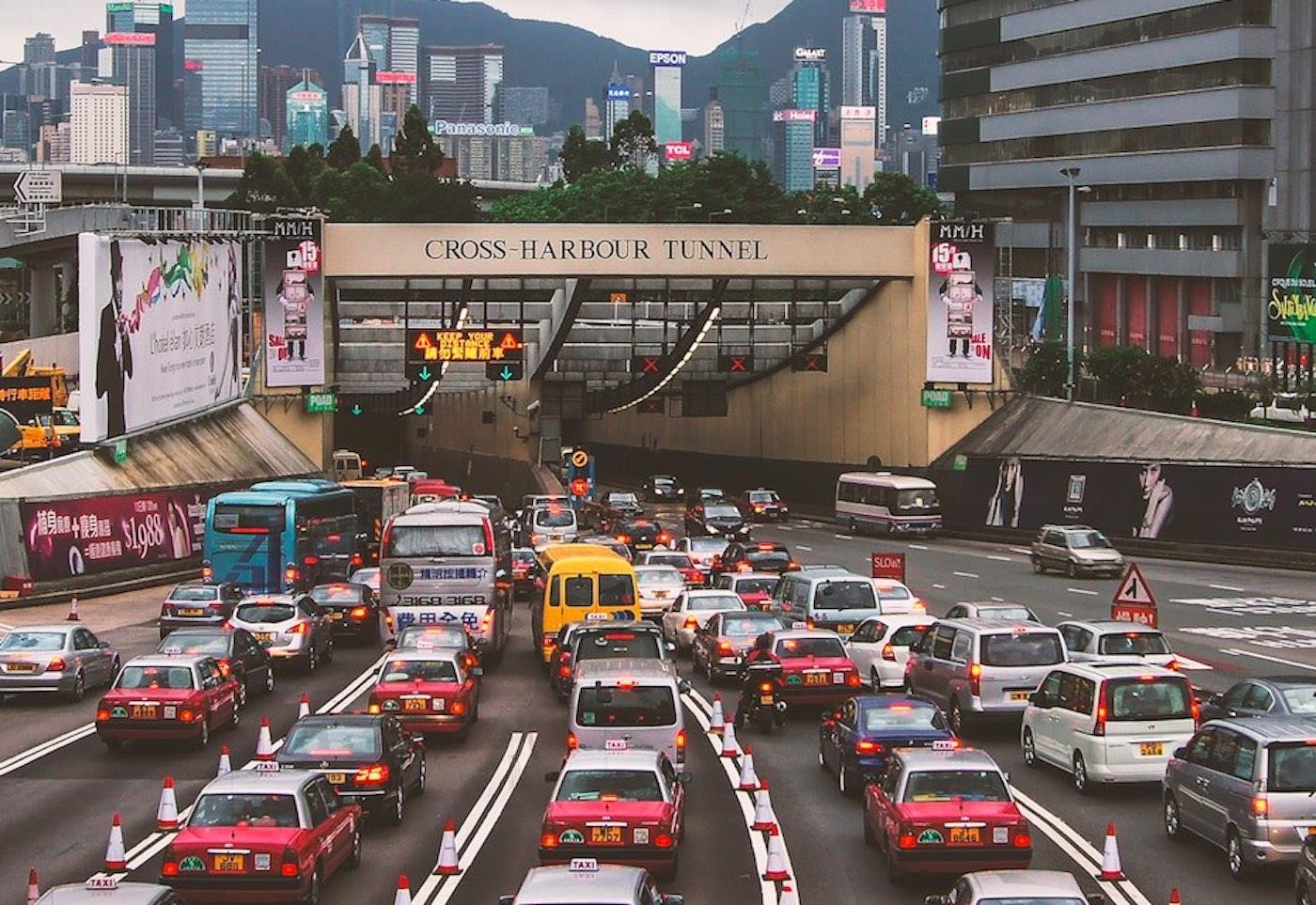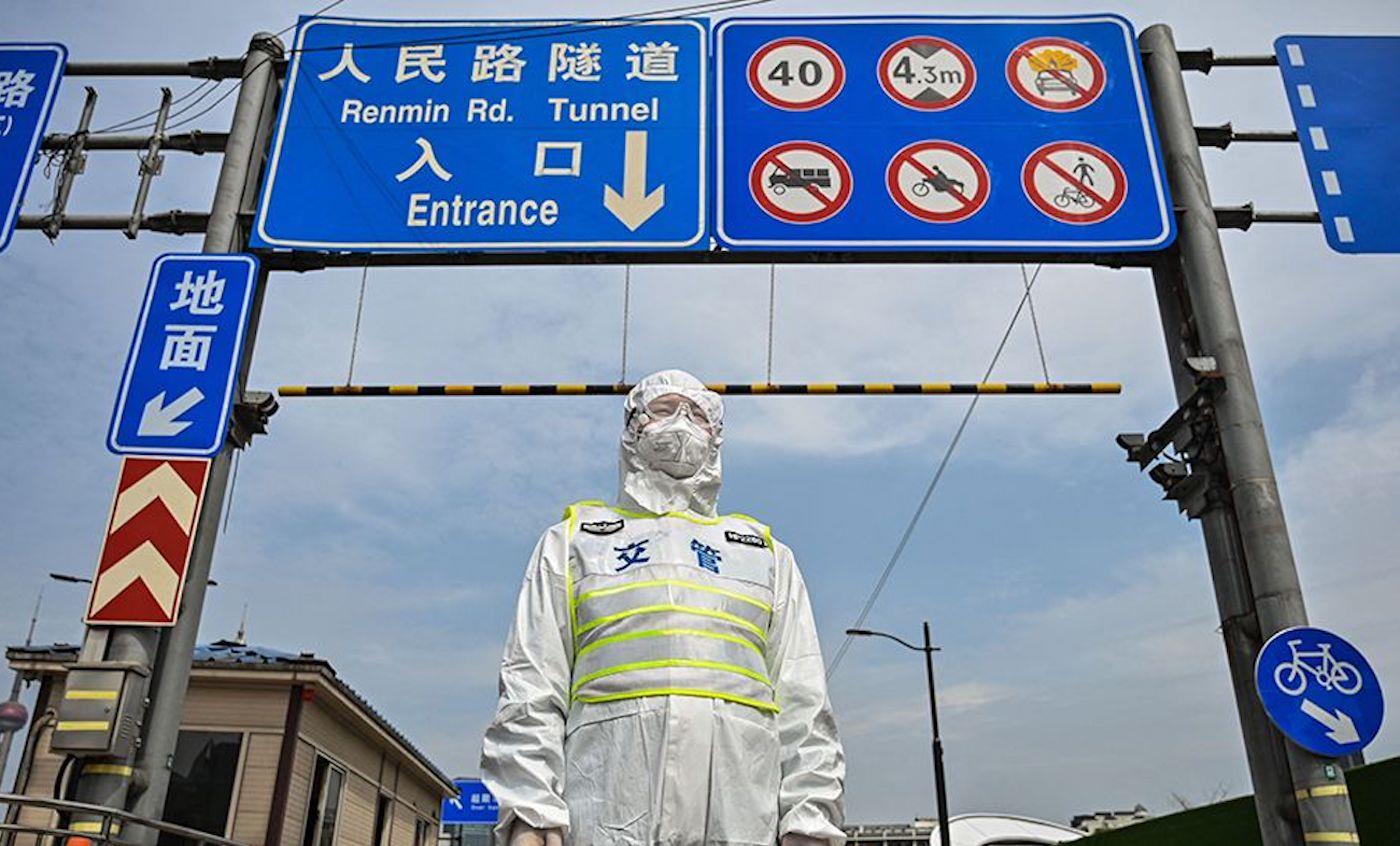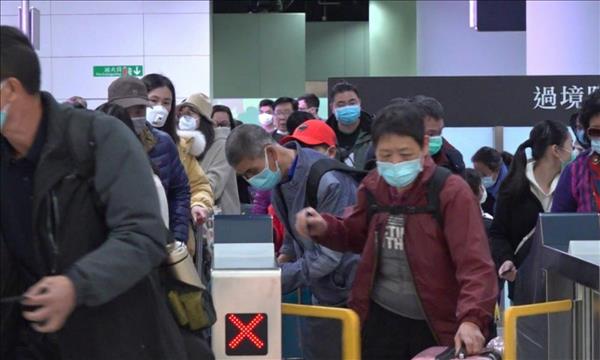
HK Business Poised To Rush Back To The Mainland
This week's relaxation of China's quarantine rules promises to lift various Hong Kong businesses with production lines, suppliers and other operations in the mainland.
The Joint Prevention and Control Mechanism of the State Council announced on Tuesday it would shorten the isolation period for international travelers to seven days at quarantine centers plus three days at home, down from the previous 14+7 day requirement.
The Chinese Manufacturers' Association of Hong Kong said the relaxation could significantly reduce the costs of business trips for its members.
The association said it hoped the Hong Kong government would soon cut the quarantine period for international travelers from seven at present to five or even three days.
Dennis Ng, permanent honorary president of the Chinese Manufacturers' Association of Hong Kong, said Hong Kong businesspeople were heartened by the shortening of the mainland's quarantine period, a move he said was long-awaited.
Ng said many businessmen would plan mainland trips and that he hoped the mainland would have enough immigration staff at the borders when the number of travelers rises this summer.
Lo Chung-mau, Hong Kong's incoming Secretary for Health, said on June 23 that the government might soon shorten the quarantine period for travelers from seven to five days, or even less.

Hong Kong's border with the mainland has been effectively closed since February 2020 due to Covid-19. Photo: Facebook
Since the world's first Covid-19 epidemic wave broke out in Wuhan in Hubei province in January 2020, cross-border travel between Hong Kong and mainland China has been greatly hampered as both sides implemented strict quarantine rules and testing requirements.
In the summer of 2020, Macau was allowed to resume quarantine-free travel, or so-called“border reopening,” with Guangdong's Zhuhai as the gaming city had not recorded any infections for months.
The Hong Kong government sought to follow in Macau's footsteps in reopening to the mainland but was unable to due to sporadic positive Covid cases.
In early 2021, travelers coming from most countries to Hong Kong were required to be isolated at designated hotels for 21 days at their own expense, a requirement that virtually closed off the city to the wider world. But Hong Kong residents coming back from the mainland were at the time allowed to skip quarantine.
The mainland also required travelers to be isolated for 14 days at hotels plus seven days at home. Between March and May this year, the central government urged local governments to strictly follow its dynamic“zero Covid” policy, resulting in the lockdowns of many major cities across the country including Shanghai.
Although chambers of commerce representing the United States and European companies raised concerns about the lockdown measures, Beijing did not change its tough Covid stance until it experienced a significant economic slowdown, a rise in joblessness and an exodus of foreign companies.
On June 21, the People's Daily, a newspaper operated by the Communist Party of China (CPC), reported that cities including Beijing, Wuhan, Jiangsu and Chengdu had recently eased their quarantine periods to 7+7 or 10+7 days.
A mainland-based Taiwanese named Allen was quoted as saying in the report that the trend of having shorter quarantine periods was definitely good news but it might still take some more time for the mainland and Taiwan to resume quarantine-free travel.
Currently, Taiwan has a 3+4 day quarantine requirement for incoming travelers. On Wednesday, the self-governing island reported 42,112 Covid infections and 85 deaths.
Taiwan has gradually relaxed its quarantine and social distancing rules over the past few months after 80% of its people were inoculated with Western-made vaccines.
The Joint Prevention and Control Mechanism of the State Council on Tuesday released the ninth edition of its anti-epidemic protocol.

Many say China's efforts to contain Covid-19 through tough lockdown measures are missing the mark. Photo: Screengrab / BBC
According to the protocol, individuals deemed to have had close contact with Covid-19 cases will face seven days of medical observation under home quarantine, instead of seven days of medical observation in isolation at designated sites.
At the same time, China will increase the frequency of nucleic acid tests for individuals with direct contact with inbound travelers, goods and environments to one time a day.
“The significant cut of the quarantine period does not mean that China is loosening its anti-epidemic measures,” the Joint Prevention and Control Mechanism said in a statement .“It is only aimed at optimizing the resources to fight against the Omicron, which has a shorter incubation period.”
It said almost all Omicron cases could be identified within seven days after infection as the variant's incubation period was about two to four days.
It said the country had launched a one-month trial scheme in seven cities, including Dalian, Suzhou, Ningpo, Xiamen, Qingdao, Guangzhou and Chengdu, during April and May to see whether a quarantine period would result in more positive cases.
The Joint Prevention and Control Mechanism also said it had obtained a large amount of scientific data from these cities, as well as Shanghai and Jilin, which reported large-scale outbreaks, before launching the new protocol.
Chinese President Xi Jinping said in a visit to Wuhan on Tuesday that it would be a disaster if China adopted a“herd immunity” strategy, which refers to the West's“living with the coronavirus.”
Xi said China would continue its dynamic zero Covid policy to protect people's health and safety. He said it would be better to sacrifice certain economic development than the health of elderly people and children.
Read: Beijing calls on foreign firms to stay put in HK
Follow Jeff Pao on Twitter at @jeffpao3

Legal Disclaimer:
MENAFN provides the
information “as is” without warranty of any kind. We do not accept
any responsibility or liability for the accuracy, content, images,
videos, licenses, completeness, legality, or reliability of the information
contained in this article. If you have any complaints or copyright
issues related to this article, kindly contact the provider above.


















Comments
No comment